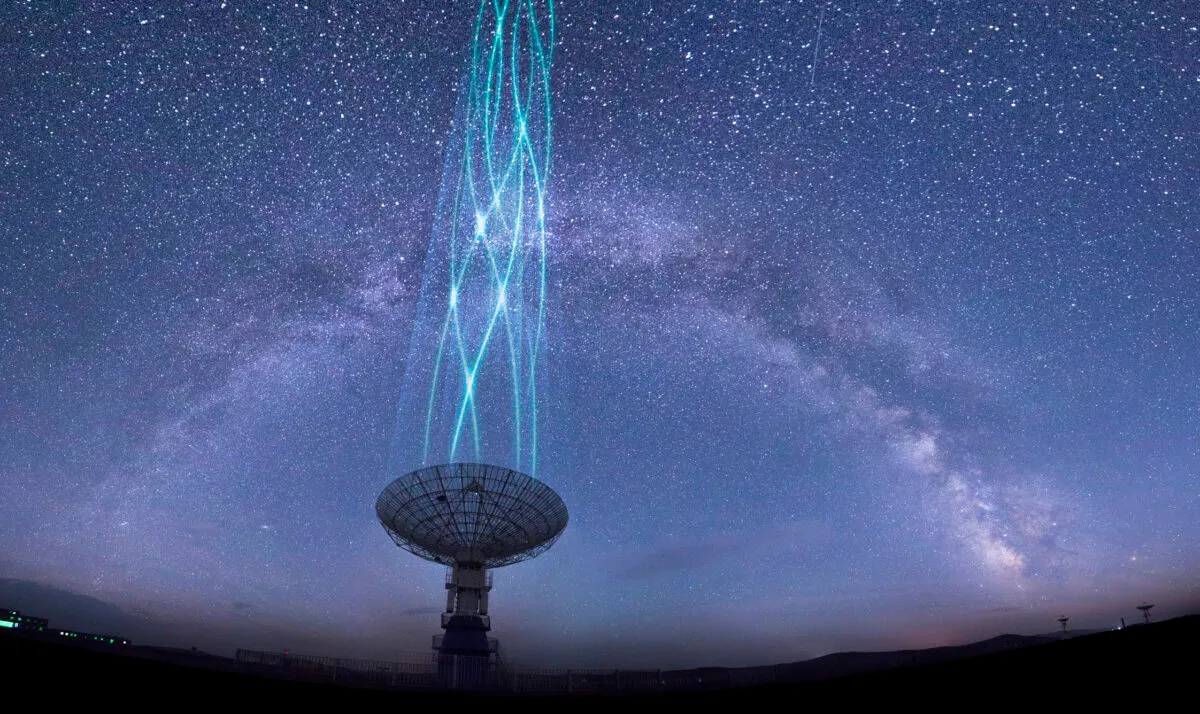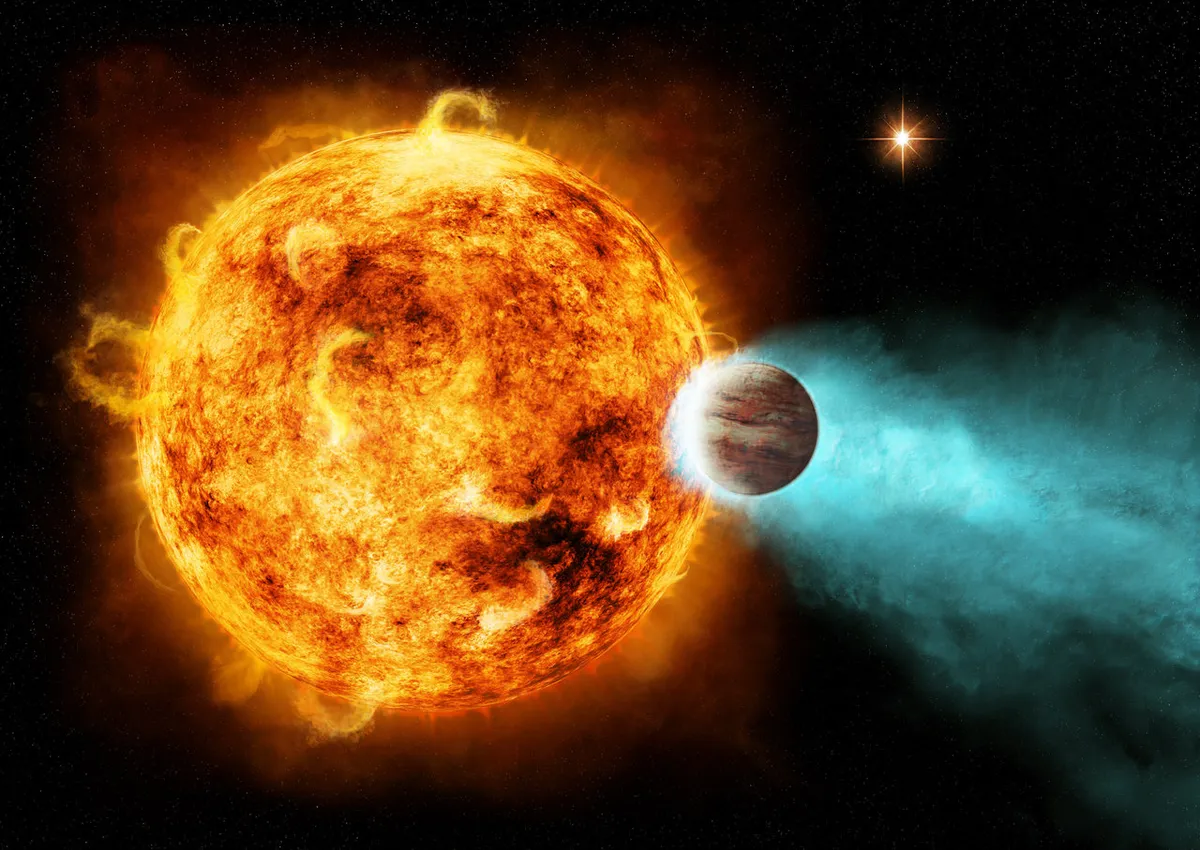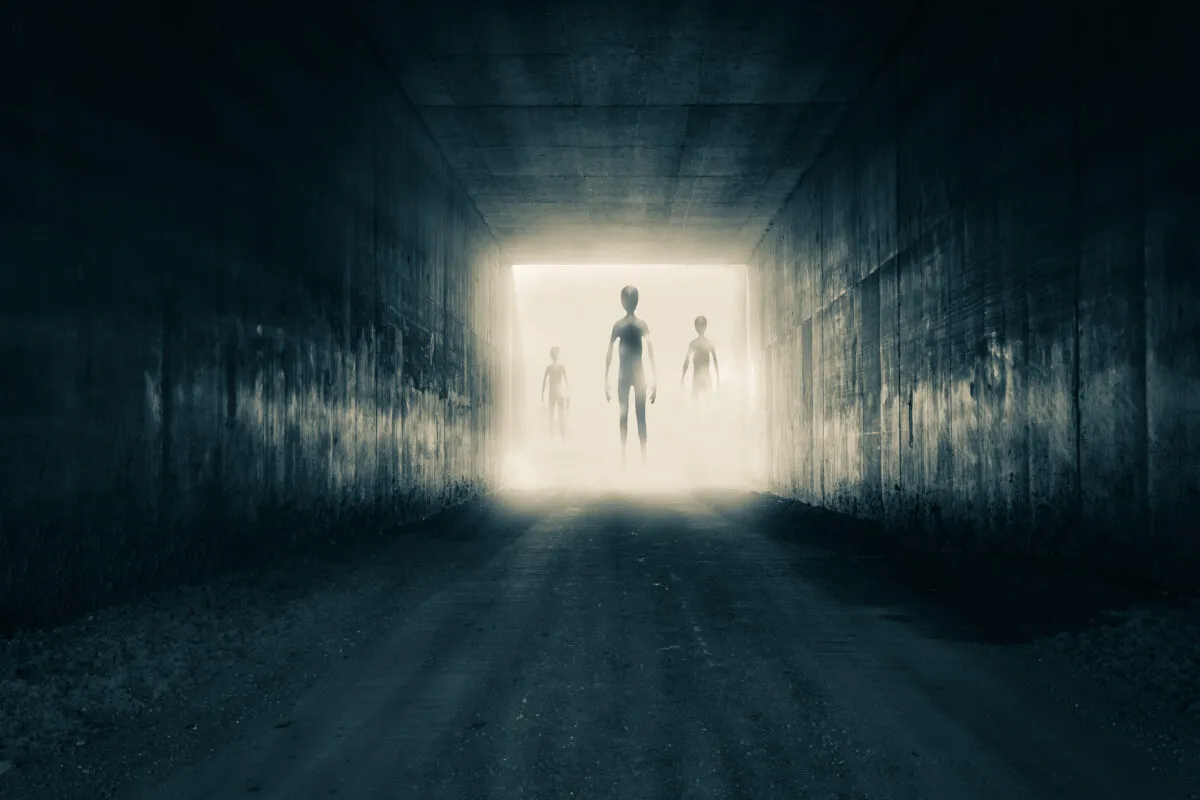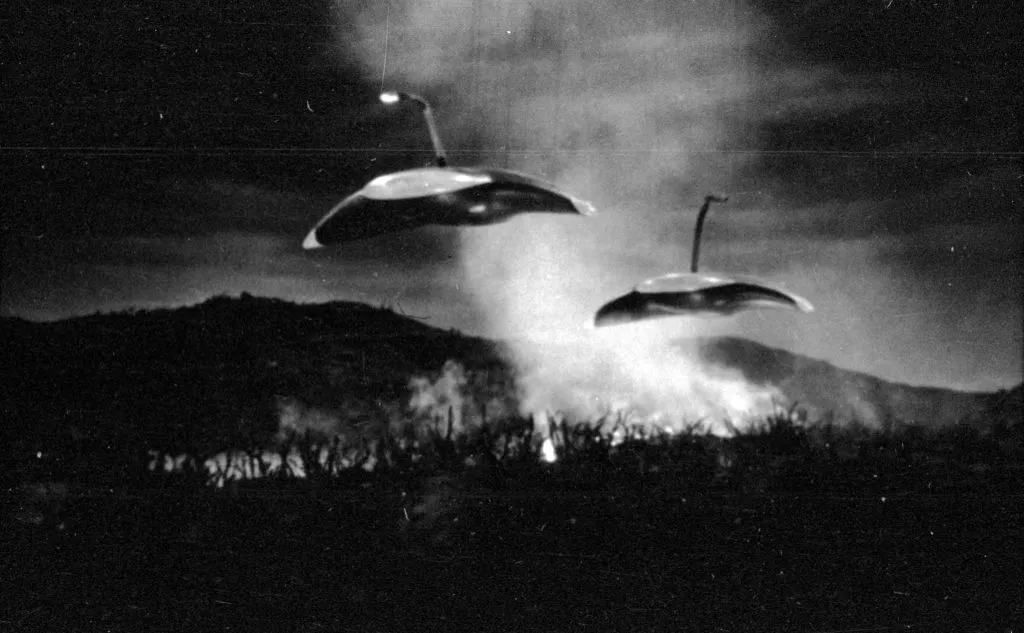Some time ago I listened to an interesting broadcast that left me baffled.
The speaker, a well-known scientist, was claiming that for us to send messages into space was most unwise.
Above all, he said, on no account should we dispatch probes such as the Pioneers and the Voyagers, which would tell any alien races where we are. His message was: "Keep quiet – like Brer Rabbit, lie low and say nuffin!"
But is this logical? Like most other people (not all) I am convinced that life is widespread in the Universe and that there must be many civilisations far more advanced than we are.

So far there has been no contact but eventually this must surely happen, provided that we do not indulge in any more futile wars and blow ourselves to pieces.
When the day comes, I do not for a moment believe that there would be any cause for alarm.
We now know that there are many stars attended by planets and there are 100 billion stars in our Galaxy alone.
Up to now we have detected only ‘hot Jupiters’ but we are already planning to detect planets the size of Earth and there must be a vast number of these.
Take a planet similar to Earth orbiting a star similar to the Sun, and it is reasonable to expect Earth-type life.

Because life could exist, does that mean it does?
I can see only one qualification here: if life could appear on a planet, will it?
Mars could give the answer. If we find any trace of life there, we can be reasonably sure that life will spring up wherever conditions are suitable.
Before long, we ought to know the answer.
Assume, then, that there are many inhabited planets and that technological civilisations develop.
It has taken us only 12,000 years to progress from hunter-gatherers to astronauts.
Other civilisations may have been quicker, quite apart from the possibility that they may be a great deal older.
Physically they may be unlike us, but unless all our modern science is wrong (this I am reluctant to believe) they will be carbon-based, so despite outward appearances they will not be truly ‘alien’.

But will they ever be likely to threaten us?
To attempt to answer this we must first look at the possibilities of actual contact.
At the most we have no chance of achieving travel to other star systems.
Our rockets can take us to the planets in our Solar System and, so far, only Pluto has not been bypassed.
But even the nearest stars are over four lightyears away and using rockets for such distances is out of the question where living passengers are concerned: it would take an impossibly long time.
If we are to achieve interstellar travel, we must wait for a breakthrough that is totally beyond us at the moment.
Space warps, time warps, teleportation and thought-travel are as futuristic now as television would have been to King Canute.
The prospect of aliens visiting Earth

Other more advanced races may have already found the answer, in which case they might be able to come here.
Yet as soon as anyone starts talking about ‘alien visitors’, they come up against what may be called the ‘giggle factor’ and to look sensibly at the problem we have to forget all the weird and wonderful saucer stories of recent years.
I’m not saying that other civilisations could not come here, only that there is not the slightest evidence that they have done so yet.
It is always possible that a visitor from across the Galaxy may have made the trip long ago to be greeted by nothing more than an inquiring dinosaur, but this is rather difficult to prove or disprove.
I have already spoken about why we can't rule out a visit from alien beings.
Let me come back to the main point I’m trying to make.
Assume that beings of, say, a planet orbiting the star Epsilon Eridani can cross interstellar space. What will they be like mentally?
There is a tendency to regard aliens as hostile and this may well go back to the Martians of HG Wells’ The War of the Worlds.

The pulp magazines of the mid-20th Century kept up this trend and were dominated by bug-eyed monsters, most of whom arrived here with intentions that were anything but friendly.
There have been some notable exceptions (ET in particular) although the pulp tradition is far from dead.
But look at the situation a little more carefully, in the year 2005, mankind is capable of destroying itself and turning the whole world into radioactive waste.
Up to now only the Americans have used atom bombs but in any future conflict it is inevitable that nuclear weapons will be used.
We, as a species, are going through a transitional period. If other races have reached the same transitional period and have survived long enough to master interstellar travel, they will have achieved true civilisation.
In fact, a race capable of visiting us will be far too advanced to come with hostile intentions.
They will be much too wise.
So I do not for one moment think that we should fear them and I see no reason why we should not advertise our presence either.
In fact, we have been broadcasting radio signals into space for about 80 years now, so to any civilisation within 80 lightyears of us, we are already noisy.
I remember reading a comment made a century ago by Percival Lowell, who may have been wrong about Mars but who was right about almost everything else.
He said, "War among us is a survival from savage times and affects now chiefly the boyish and unthinking element of the nation. The wisest of us realise that there are better ways of practising heroism."
How right he was.
This article originally appeared in the July 2005 issue of BBC Sky at Night Magazine
